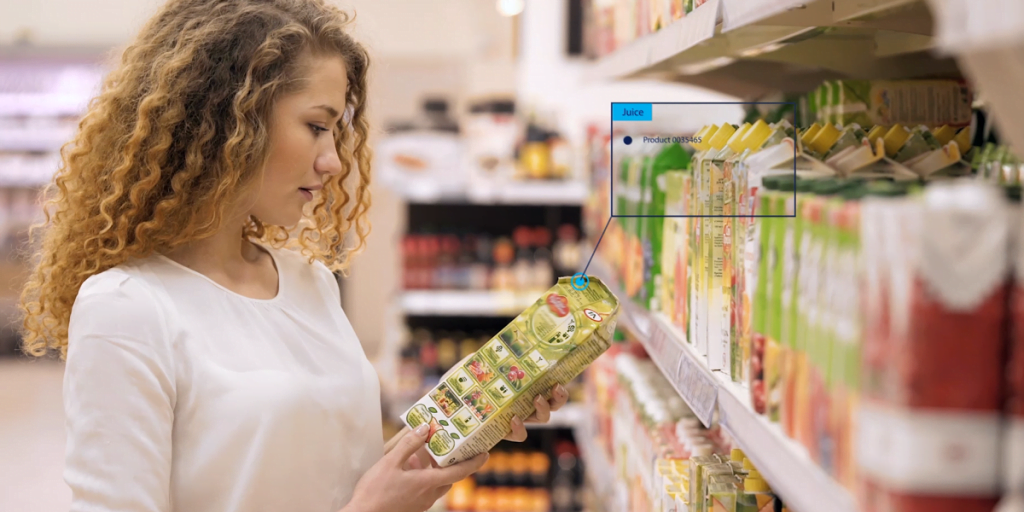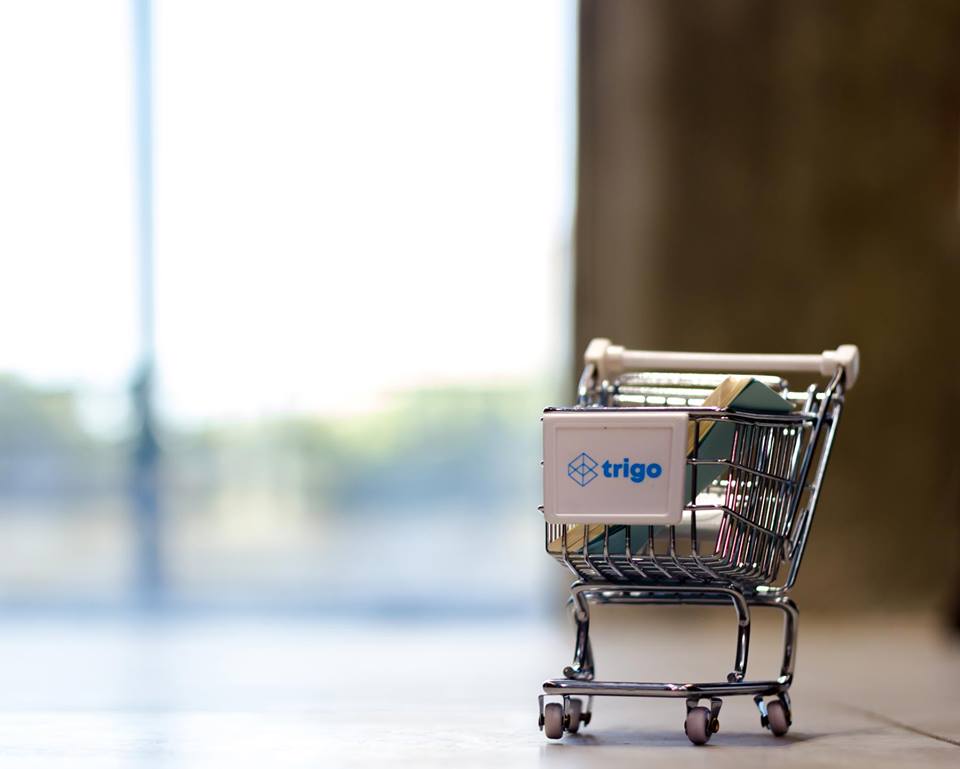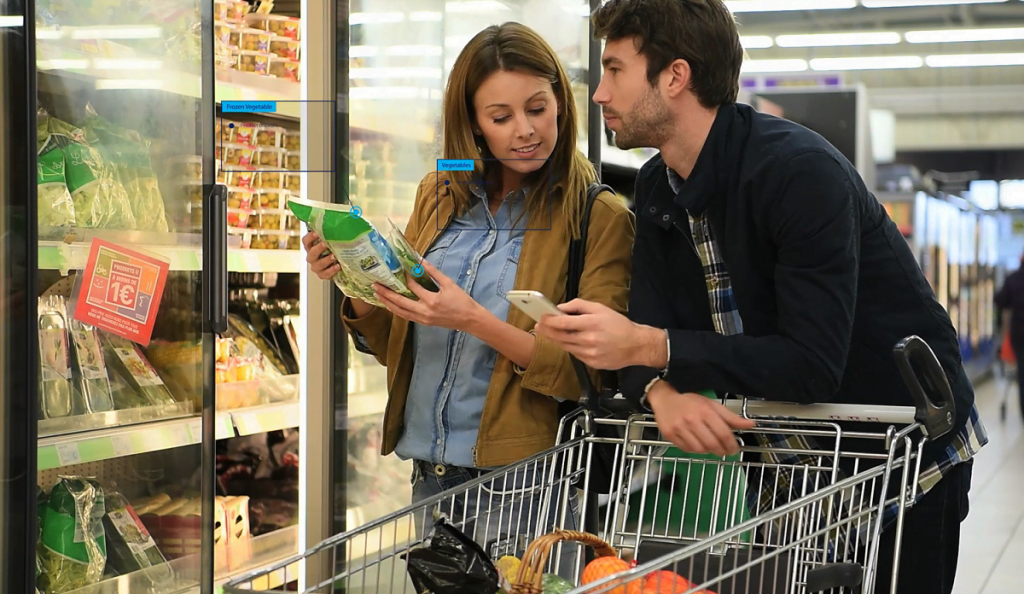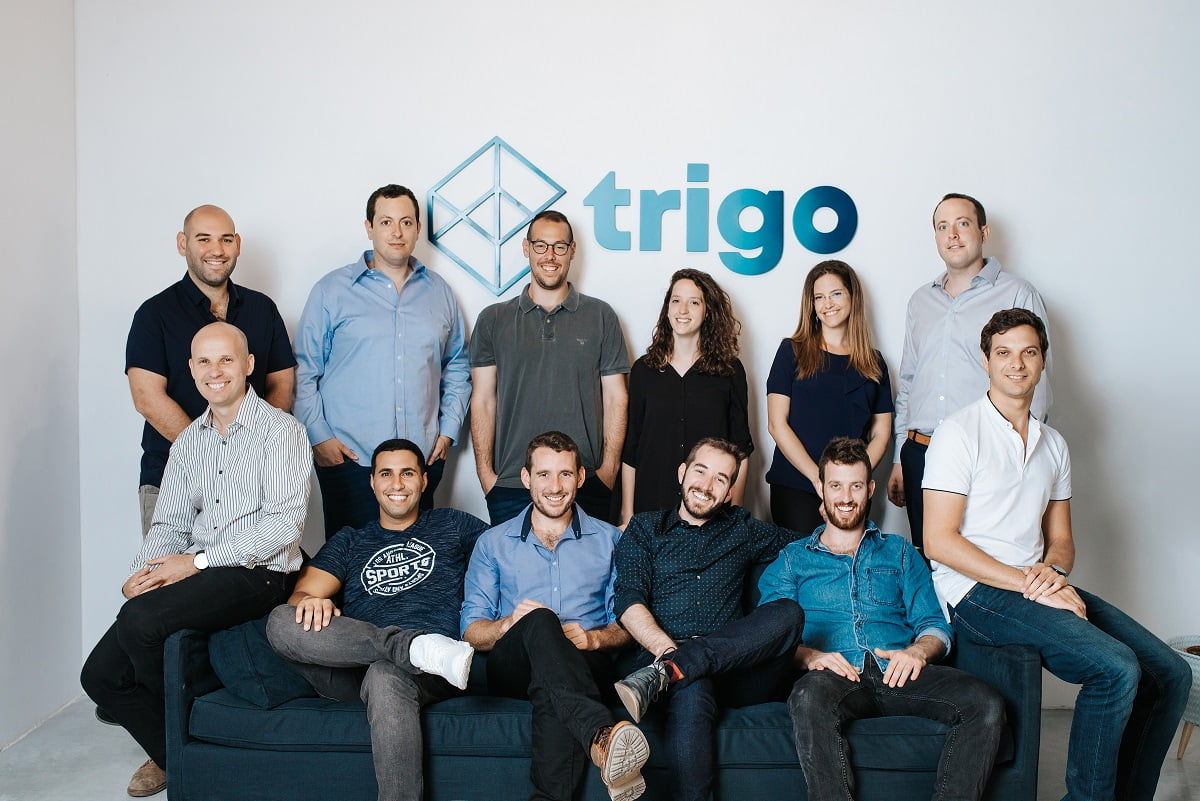Amazon Go, the first automated supermarket to disrupt the retail industry, just announced its fourth cashier-free location in Chicago this week. It’s the first location outside of the e-commerce giant’s hometown of Seattle — where three other stores have already been set up — and it’s one of six expected to open this year in cities like New York and San Francisco.
Amazon’s groundbreaking convenience store is the most famous example of the new wave of retail automation currently sweeping the market — where cutting-edge tech like artificial intelligence, machine learning, deep learning, and computer vision is competing with e-commerce, and reinventing the shopping experience in a brick-and-mortar shop.
Amazon Go has forced a real change in automated retail. But as popular as the stores have become, they are exclusively Amazon. Customers need to scan their Amazon account on an Amazon smartphone app in order to use the facilities. So what of all the other international retailers who want to upgrade their own stores with automation tech to enhance the customer experience?
Israeli computer vision startup Trigo Vision emerged from stealth mode in July and raised $7 million in seed funding to begin rolling out its sophisticated checkout-free software, which CEO Michael Gabay says is “scalable” for growth within any store, while still being simple enough to use by both customer and retailer.
“I think retailers want to improve the customer experience. They understand that people don’t want to wait [in lines],” Trigo’s CEO Michael Gabay tells NoCamels, “We develop an ecosystem and a scalable solution for every store. We’re not forcing the retailers to change their layout.”
Gabay, who founded the company alongside his brother Daniel Gabay, now the company’s CTO, says that unlike Amazon, their team wants to focus on the tech and not on the expensive camera system or “sensor fusion” that Amazon uses to create what it calls its “Just Walk Out” technology. They also want to give the customer a seamless shopping experience with a virtual checkout without losing the retailer’s character.
They do this by combining a ceiling-based camera network with machine vision algorithms to identify the customer’s correct shopping items while they are in the store. To ensure accuracy, the company has even built a demo store in their offices in Tel Aviv.
“Most of the big retailers have come to our office,” Gabay says, including huge food chains and major international conglomerates. He tells NoCamels the company is in talks with major European and American stores, and has an agreement with one big Israeli retailer that already installed the firm’s system. While he can’t disclose details just yet, Gabay says news about the deals should be announced in just a few weeks time.
Trigo’s easy way to pay
According to Gabay, Trigo’s system recognizes that the customer wants to buy the item when he holds it or puts it into his shopping cart. If the customer puts it back, the system will register this and delete it from his purchase list.
The team has come up with three ways for customers to pay for their items. One is for customers to register their credit card details before they shop in the store. Cameras will then identify the customers when they enter the facility so they will be automatically charged as they leave. It’s not facial recognition, Gabay says, noting that privacy is important. The system just recognizes that it is a human taking something off the shelf.
A second method is for stores to install a payment screen at the exit, which will list the items selected, leaving the customer to simply confirm that the list is correct. Then they can pay with credit card or cash.
Sign up for our free weekly newsletter
SubscribeA third way is to use the Trigo Vision app to pay for products. The app can send notifications to customers while they are in the store.
Each store can select the method it prefers its customers use, or even adopt more than one option.
Gabay reiterates that one of the best aspects of Trigo Vision is that it seeks to benefit the retailer as well as the customer. “The reason why retailers take our solution is that we try to eliminate logistics that will make life harder for them,” Gabay says.
The company’s tech also has the ability to help retailers do inventory control and stop theft when customers are not registered. Immediate alerts are sent to managers when shelves are not organized or half full or when something is missing.
Another benefit to retailers is that the different payment options can help them collect data on shopping habits.
“It can help them learn what offer to customers, how to sell better,” Gabay says. “Big retailers understand the potential of automation.”
Supermarket tech from Israel
Israeli startups understand the potential of the burgeoning automation industry and they are luring some of the world’s most advanced programmers and engineers into the fold to help them become leaders in supermarket tech.
Trigo Vision, for example, has former Google, Amazon, and Apple employees on its team, as well as graduates from the elite Israeli military training program Talpiot, which trains recruits with advanced abilities in science and technology to become research and development experts. Gabay himself served in an elite intelligence unit in the army and his brother Daniel is an AI and computer vision expert.
SEE ALSO: Smartli’s Automatic Grocery Store Shopping System Makes Sure Your Fridge Is Never Empty
Other sophisticated retail tech startups coming from Israel includes ShelfX, the inventory management firm that has developed a self-checkout vending machine operating in 18 different countries, established by 2o-year Israeli software developer veteran Ran Margalit; and SuperSmart, the Israel-based startup that developed a unit for automatic checkouts at supermarkets. The founder and CEO, Yair Cleper, has gathered a team of algorithm experts, software development leaders, and industry insiders to create the cost-effective, cashier-free system.
The store of the future is here and it doesn’t require a long wait at the checkout line.
Related posts

Editors’ & Readers’ Choice: 10 Favorite NoCamels Articles

Forward Facing: What Does The Future Hold For Israeli High-Tech?

Impact Innovation: Israeli Startups That Could Shape Our Future







Facebook comments